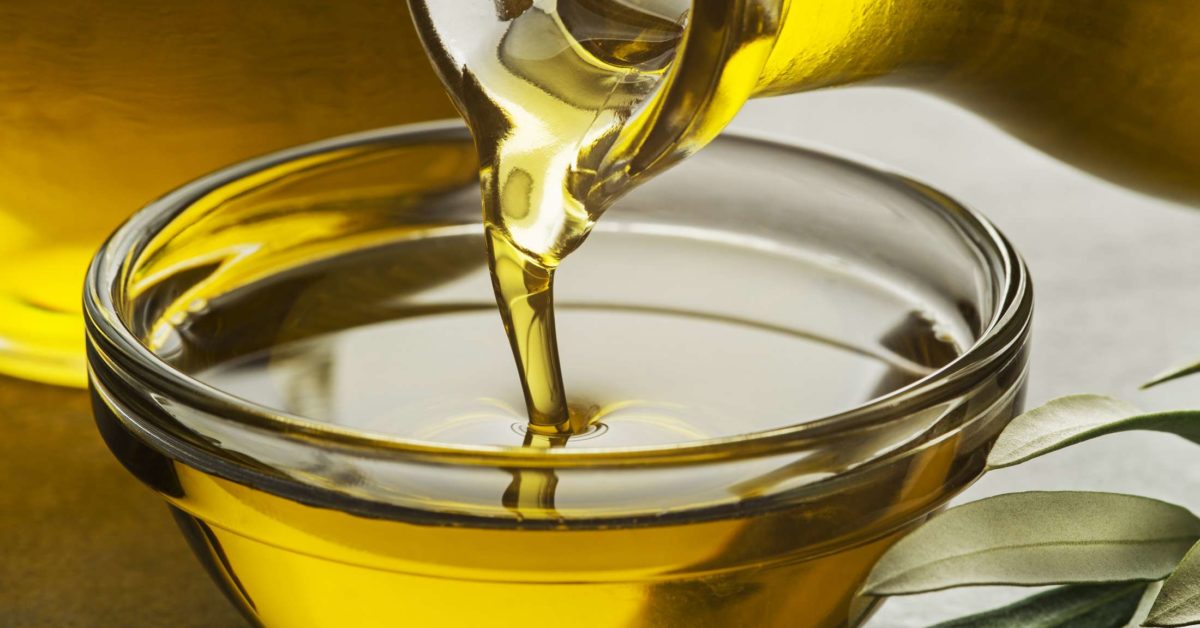Why Not Invoke Goonda Act Against Food Adulterers?: Madras High Court Orders Interim Ban On Sale Of Edible Oil As Loose Oil
Sparsh Upadhyay
19 Dec 2020 7:16 PM IST

Next Story
19 Dec 2020 7:16 PM IST
While observing that the edible oils (sold in loose packets) are mostly adulterated and that it would have "serious consequences on the health of the consumers", the Madras High Court on Friday (18th December) passed an interim order banning the sale of edible oil as loose oil.The Bench of Justice N. Kirubakaran and Justice B. Pugalendhi was hearing a PIL filed by a practising...
